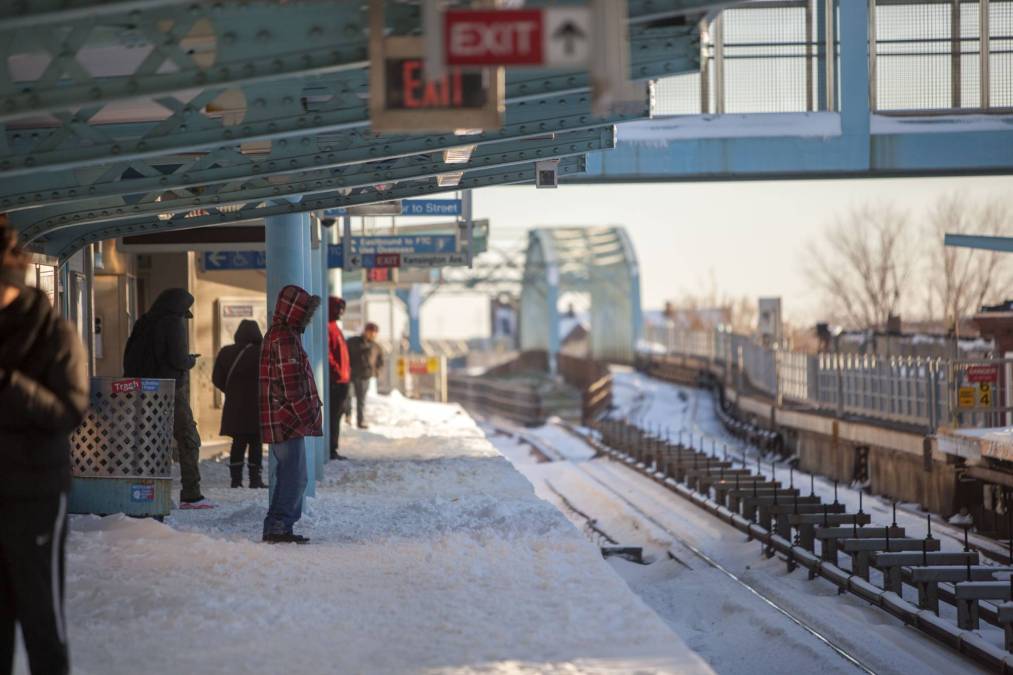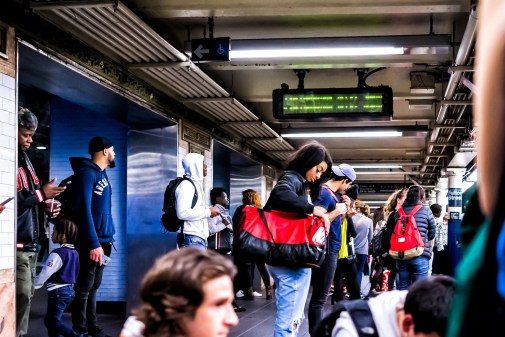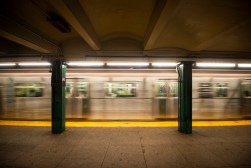Philadelphia’s augmented reality challenge targets transit navigation

Philadelphia will this summer challenge community members to design augmented reality technologies that help residents navigate the region’s public transit system.
Teams will be encouraged to build AR-based applications for any part of a public transit journey — from trip planning on a smartphone to stepping off of a bus — and will receive input from people with disabilities to refine their applications ahead of the Aug. 2 deadline, the city announced Monday. SmartCityPHL, the office running the competition alongside the city’s Office of Transportation, Infrastructure, and Sustainability and the Southeastern Pennsylvania Transit Authority, is also working with the Institute on Disabilities at Temple University to ensure the competition is accessible to everyone, said Emily Yates, Philadelphia’s smart city director.
“We have worked very hard to ensure that every aspect of this process is accessible to individuals,” Yates told StateScoop, citing her team’s work to ensure that individuals with disabilities are able to judge the applications and that the challenge process is long enough for teams to access the resources they need to compete.
Philadelphia hosts technology-focused challenges often — most recently asking residents to improve the logistics of meal delivery and food distribution — but this challenge is to be held alongside two others across the country: one in Cary, North Carolina, and one in Long Beach, California, thanks to a partnership with Facebook’s AR lab and U.S. Ignite, a civic tech nonprofit backed by the National Science Foundation. Last October, the two organizations announced they would award three cities $20,000 each to host AR-focused competitions in 2021 to solve pressing community issues. Transportation was an immediate fit for the Philadelphia region, said both Yates and Lex Powers, SEPTA’s strategic planning manager.
SEPTA is currently working through a “wayfinding master plan,” Powers said, overhauling the authority’s outdated navigation tools, such as signs, maps, mobile applications and its website. That project is intended to serve the authority’s “most vulnerable users,” Powers said, including people with disabilities, non-English speakers, elderly people and residents who aren’t familiar with the transit system.
Neighboring transit systems, like the one operated by New York City’s Metropolitan Transit Authority, have recently shown that AR is effective at helping vulnerable riders, Yates said. Last October, the MTA announced riders could begin scanning QR codes on signs placed on bus poles around the city that when scanned played audible instructions and cues. In March, Google announced it would begin mapping and photographing the interior of public transit stations, including airports and train stations, for its Street View tool.
Those advancements served as inspiration for the competition, Yates said, but she and her team are hopeful that Philadelphians will get creative to win $35,000 in prize money.
“We’re kind of leaving it broad to allow for as much innovation to come forward as possible,” she said.






